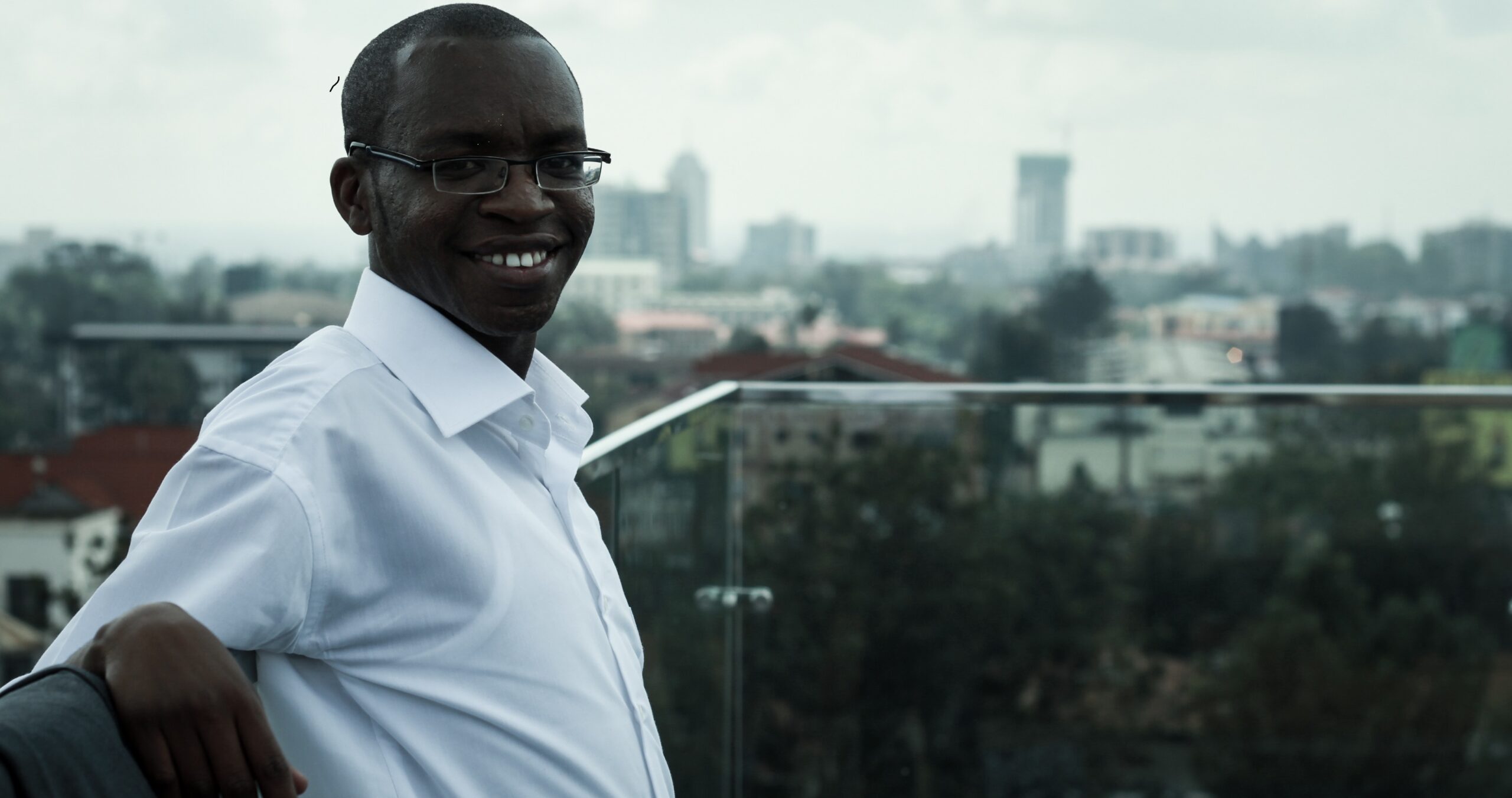Written by Levis Nderitu, co-founder, Sullivan Reed
Sullivan Reed is an organization in Nairobi, Kenya that specializes in the economic and social empowerment of LGBT people in Kenya, where homosexuality is criminalized and HIV prevalence is almost three times higher among men who have sex with men than the general population.
Many lesbian, gay, bisexual, and transgender (LGBT) people in Kenya are facing stigma and discrimination silently. They may not know how to access HIV services and, even if they do know, they wonder how will they be treated when they get there.
LGBT-friendly services do exist and we encourage people to use them. But not every provider is affirming. People are worried that they will be outed by medical staff, and with good reason. I’ve heard LGBT people talk of nurses calling other nurses over and “making an example” of them. I’ve heard of young LGBT people having their parents called. You can imagine how traumatizing this is.
People’s fears about accessing health care are compounded when they face other stigmatizing, even violent, situations. I saw this clearly recently when my friend’s boyfriend celebrated his birthday. He invited a few friends to his home, all of whom are LGBT. Then men, armed with sticks, broke in and started beating people. They said they did not want “people like [my friends]” in the neighborhood. Despite living there for two years without any complaints against them, my friends were evicted. It’s a tight-knit community and rumors soon spread. All those who had been there were scared; they had been exposed as LGBT and their lives were at risk.
Lots of LGBT people look at a situation like this and think “if I can’t even be happy in my own neighborhood, around people who know me, how do I then go to the hospital?” The impact of this type of intimidation is huge.
To help, we applied for funding through the International HIV/AIDS Alliance’s Rapid Response Fund, which issues emergency grants of up to $20,000 in 29 countries when stigma, discrimination, and violence threaten HIV services for LGBT people and MSM. Since its inception in October, the fund and has already received more than 235 applications.
The money came through quickly. We relocated all those in fear to a safe house and linked many of them to LGBT-friendly health services. Through the fund you can also apply for support for initiatives that will have a longer-term impact. I’m developing a mobile app to enable people to find LGBT-friendly services near them, and again I have turned to the Rapid Response Fund for help.
Many Kenyans are hostile to LGBT people, mainly because of the legal framework. But among younger people and in more cosmopolitan communities, attitudes have been improving. We have a new crop of people who believe in diversity and inclusion. I believe more and more straight people will begin to champion LGBT rights here and bring this community out of the margins.
We need to look at the issue of economic empowerment as many LGBT people struggle to find work. Some turn to sex work, which increases their vulnerability to HIV. We must enable people to support themselves; it’s a critical component of change.
As long as the existing penal code is in place, the fight will be tough. But when I look around me I see a lot of hope. Things are changing. Everyone should be able to live a full life, regardless of who they are and whom they love. We are working to make that happen.
To learn more about the Alliance’s Rapid Response Fund visit rapidresponsefund.org

